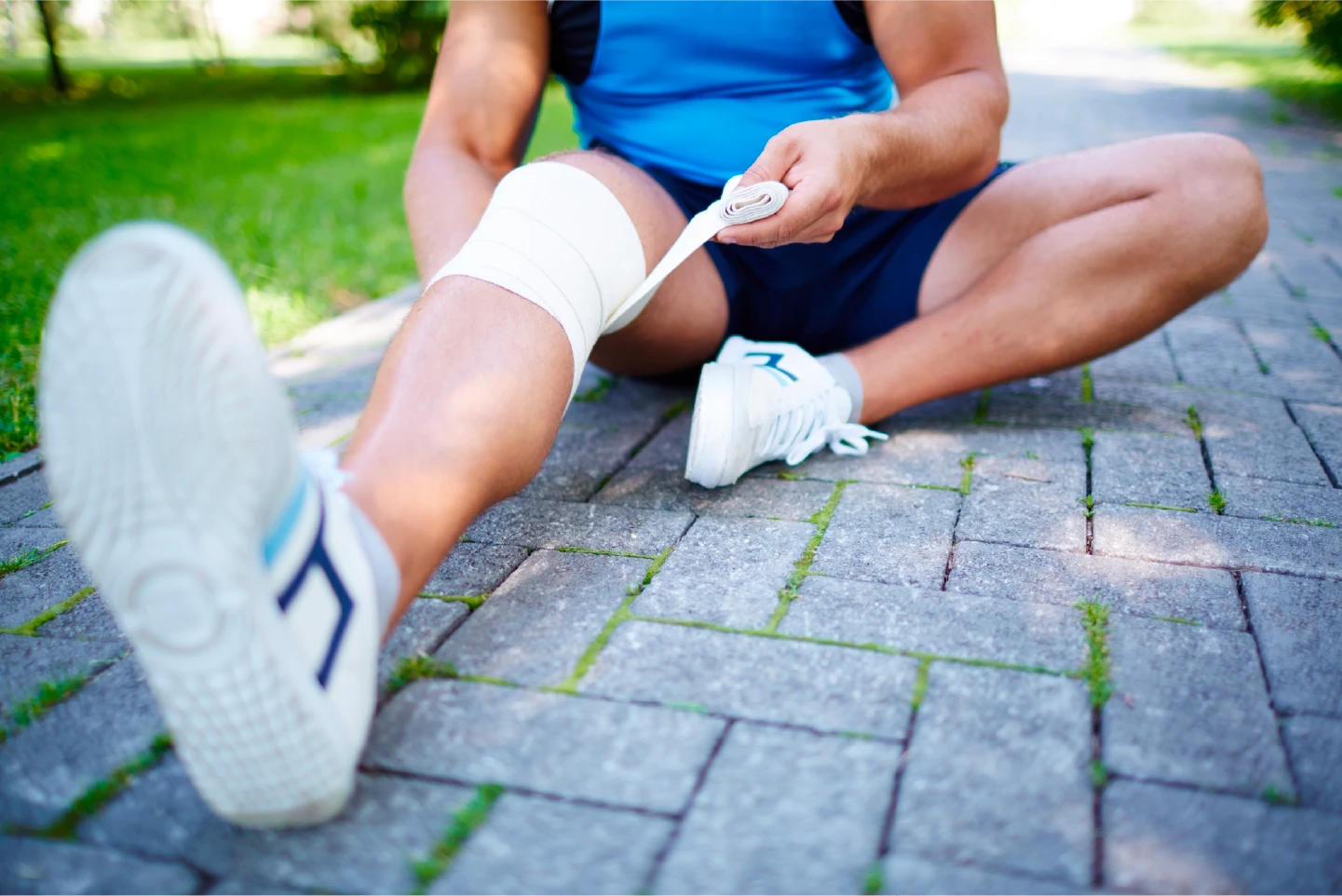Engaging in sports and physical activities can be incredibly rewarding, but it also comes with the risk of potential injuries. Whether you’re a professional athlete or a recreational sports enthusiast, the right nutrition plays a crucial role in preventing sports injuries and aiding recovery. In this blog post, we will explore the importance of nutrition for injury prevention and recovery, along with the best foods to support the healing process.
The Role of Nutrition in Injury Recovery
Nutrition plays a significant role in the body’s ability to recover from injuries. Proper nutrients provide the building blocks for tissue repair and support the immune system. When injured, the body’s energy and nutrient needs increase, making it essential to maintain a well-balanced diet to promote healing and reduce downtime.
Recovery Nutrition for Athletes
Athletes have higher energy requirements, and their nutritional needs are even more critical during injury recovery. A balanced diet that includes an adequate intake of carbohydrates, proteins, healthy fats, vitamins, and minerals is essential. Carbohydrates provide energy for tissue repair, while proteins are crucial for rebuilding damaged tissues.
Protein-Rich Foods for Injury Recovery
Protein-rich foods are vital for athletes and individuals recovering from sports injuries. Include sources like lean meats (chicken, turkey), fish, eggs, dairy products, and plant-based options like tofu and legumes. These foods provide essential amino acids that support the repair and growth of muscle tissues.
Anti-Inflammatory Foods
Inflammation is a natural response to injury, but excessive inflammation can hinder the healing process. Incorporating anti-inflammatory foods can help manage inflammation. Include foods like fatty fish (salmon, mackerel), nuts, seeds, olive oil, leafy greens, and berries to reduce inflammation and promote recovery.
Vitamin C and Zinc-Rich Foods
Vitamin C and zinc are essential for collagen synthesis, which is crucial for connective tissue repair. Citrus fruits, strawberries, kiwis, and vegetables like bell peppers and broccoli are excellent sources of vitamin C, while zinc can be found in foods such as pumpkin seeds, lentils, and chickpeas.
Omega-3 Fatty Acids
Omega-3 fatty acids have anti-inflammatory properties and play a role in reducing muscle soreness and promoting joint health. Include fatty fish, chia seeds, flaxseeds, and walnuts in your diet to obtain these beneficial fats.
Hydration
Staying hydrated is crucial for overall health and injury recovery. Water aids in nutrient transport, waste elimination, and maintaining proper body temperature. Drink plenty of water throughout the day, and consider adding electrolyte-rich beverages for intense physical activity.
Calcium and Vitamin D
Calcium and vitamin D are essential for bone health and fracture prevention. Dairy products, fortified plant-based milk, leafy greens, and sunlight exposure are excellent sources of these nutrients.
Proper nutrition is a powerful tool for preventing sports injuries and supporting the recovery process. Athletes and active individuals should pay close attention to their dietary choices to ensure they get the right nutrients for optimal performance and healing. Incorporating protein-rich foods, anti-inflammatory options, vitamin C and zinc sources, omega-3 fatty acids, and staying hydrated can aid in injury prevention and recovery. Remember to consult with a healthcare professional or a registered dietitian to develop a personalized nutrition plan that suits your specific needs and helps you stay at the top of your game. For protein-rich snacks, you can try Muscle Cheff’s high-protein products!

